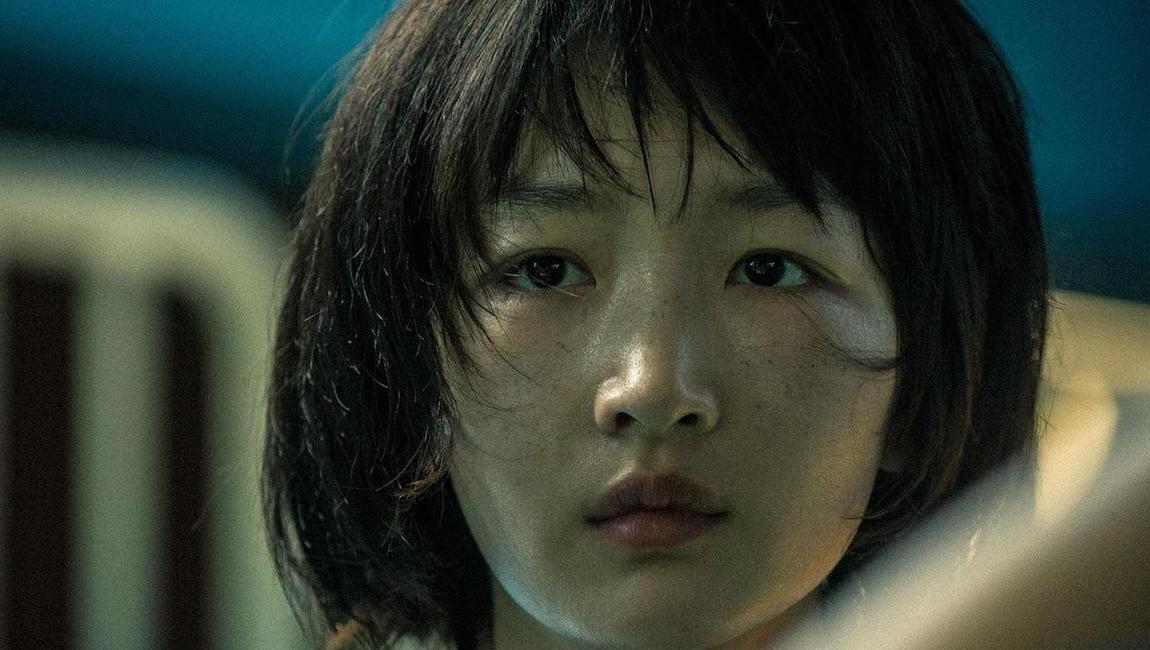Brighton 4th is but the latest example of festival-facing cinema slipping into anonymity under the weight of overly familiarly elements and arcs.
There’s a scene midway through Levan Koguashvili’s Brighton 4th in which the film’s elderly protagonist, Khaki, explains to his sister-in-law that his health won’t allow him to work construction, only to immediately insist that she clamber onto his back so that he can prove his still-present strength. It’s a moment that feels authentic, a recognizable exhibition of the macho-masculine condition, and one that is illustrative of the film’s chief concerns: broadly, the notion of what makes a man — or, perhaps more accurately, what society says makes a man — and specifically, what makes this man, Khaki. The film’s narrative details support this theme: Brighton 4th opens with a scene of puffed-up posturing over sports, features multiple instances of emasculation as a result of gambling addictions, and builds dramatic tension from plot beats such as a man being in debt to his female landlord and a cadre of tough guy mobsters coming to collect. And then there’s Khaki, a former wrestling champion (played by Levan Tediashvili, himself a former Olympic wrestler) who takes responsibility for everyone in his orbit, the story following his trek from his native Georgia to the eponymous Brooklyn neighborhood to help his son get out from under money owed. He’s a stoic man, understated and by all accounts gentle, defined most by this selflessness, and the contrast that these attributes evince within this hyper-masculine milieu represents the film’s best quality. Director Koguashvili largely allows Brighton 4th to take its tonal cues from Khaki’s character, then, keeping proceedings languorous and de-escalating tensions that would otherwise reshape the film’s placid character; genre signifiers abound, but things remain low-key, never extending to the archness that can sometimes accompany mob-minded cinema.
But while the restraint is welcome, the film’s destination makes it another mostly nondescript “contemporary world cinema” effort. The film’s interrogation of masculinity doesn’t dig much beyond the surface, and it settles on a predictable, immensely sentimental ending. In a film industry dominated by men since its invention, the study of male fragility long ago ceased to be particularly interesting in and of itself, and Brighton 4th fails to either tether its interrogation to the underrepresented Georgian culture it depicts or meaningfully develop it beyond the clichés of sacrificial male tragedy. The film works better as character study: the context of Tediashvili’s true-life history lends emotional weight to the image of his weakening, 73-year-old body, particularly given the compassionate in-film circumstances of his endeavoring. DP Phedon Papamichael, for his part, does what he can to elevate the material, crafting striking images and, in concert with Koguashvili, helping to turn what might have otherwise been a laughable climax into an extended, wrenching image, shooting the aged subjects in widescreen and padding them with negative space, their bodies a huddled mass at the frame’s center. But while the unexpected tension between its subject matter and saccharine elements results in a film that often feels sweet despite its bleak terrain, it’s all rendered fairly colorless once Brighton 4th settles into its finale. For a film built from such particularities as the Georgian immigrant community and geriatric wrestling, things shouldn’t feel so underwhelmingly familiar.
Originally published as part of Tribeca Film Festival 2021 — Dispatch 7.







